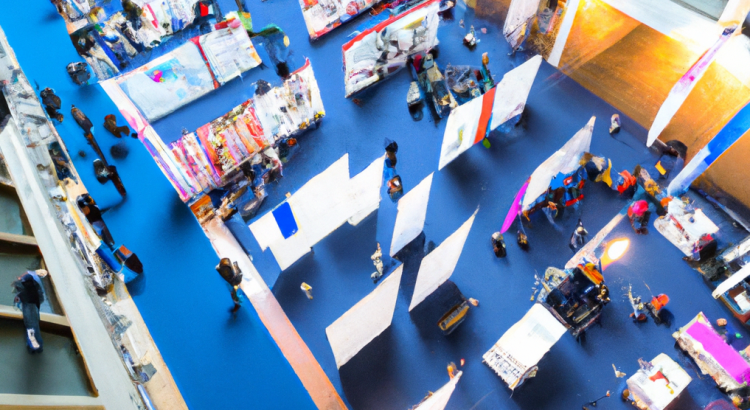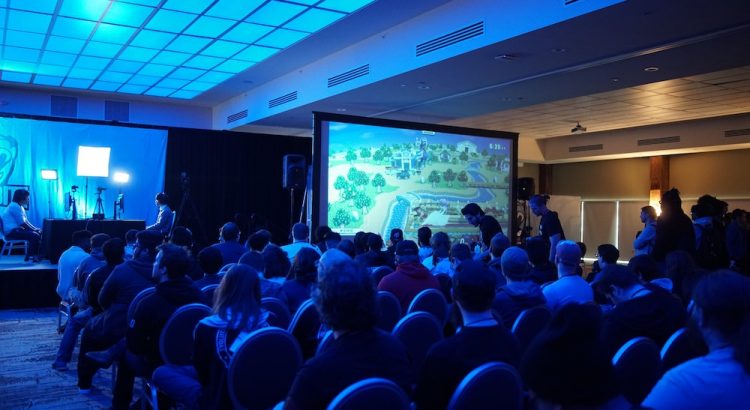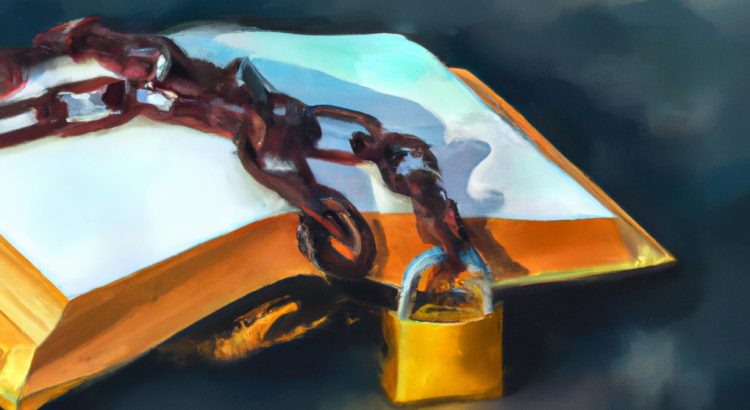Podcast: Play in new window | Download
Subscribe: Spotify | Email | TuneIn | RSS
Think about your favorite action movie that kept you on the edge your seat. Did it look certain that the hero would fall, only to emerge at the very last moment to save the day? Now picture a great movie trilogy or TV series. Did each episode introduce a dangerous cliffhanger at the end, enticing you to watch the next installment to see how the tension would resolve?
Those filmmakers know something about storytelling – crafting a narrative arc that brings the audience along for an exciting ride. Within just a few hours, they have to introduce you to the characters, invest you in their stories, and then take you along on a journey of conflict and resolution.
This week, we talk about how your scientific presentation or job talk can use those same storytelling tools to engage an academic audience, and maybe even land you a new job.
Read More



